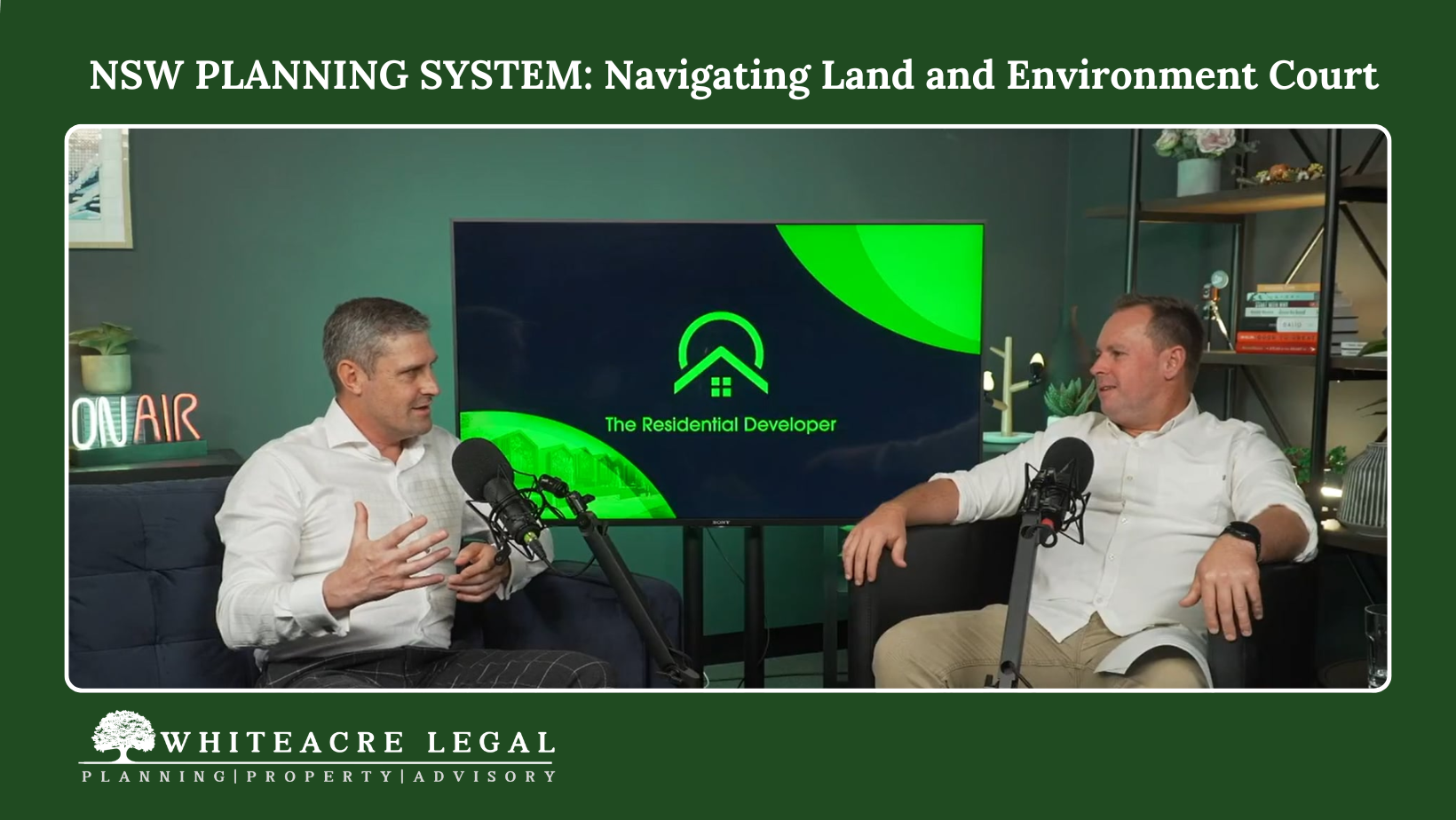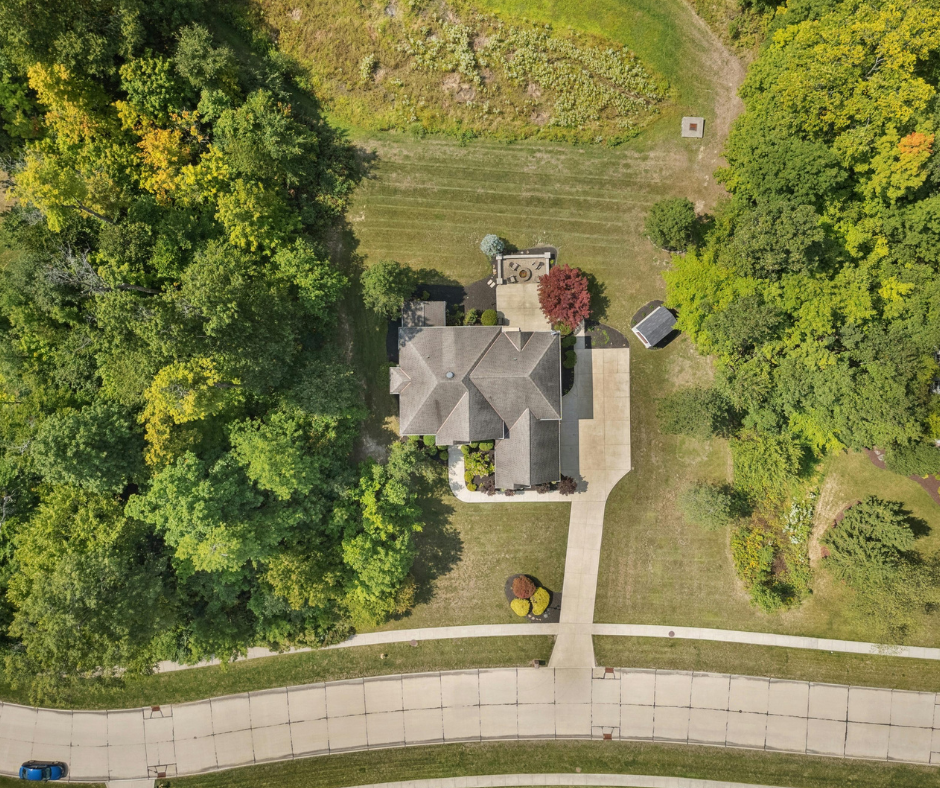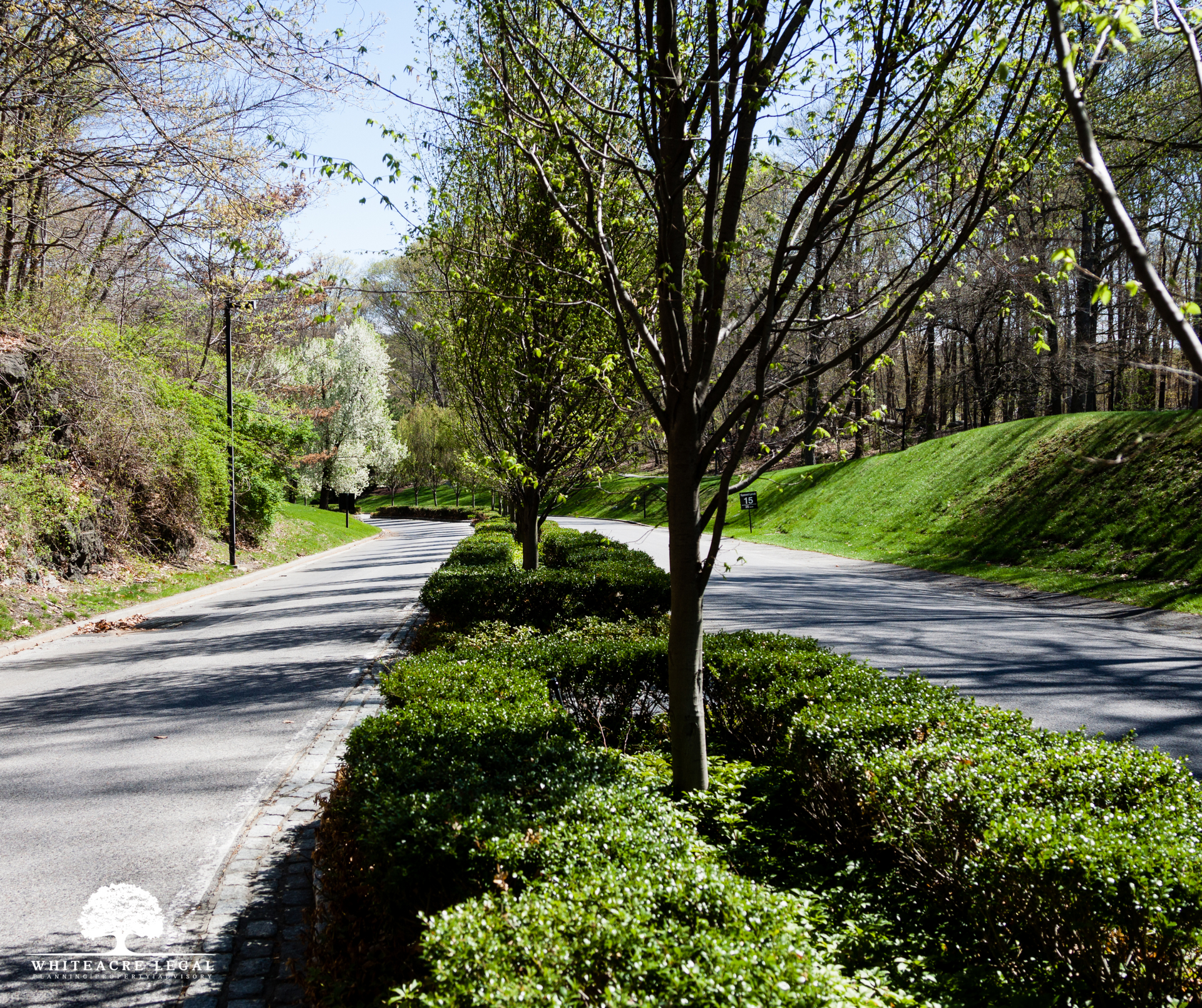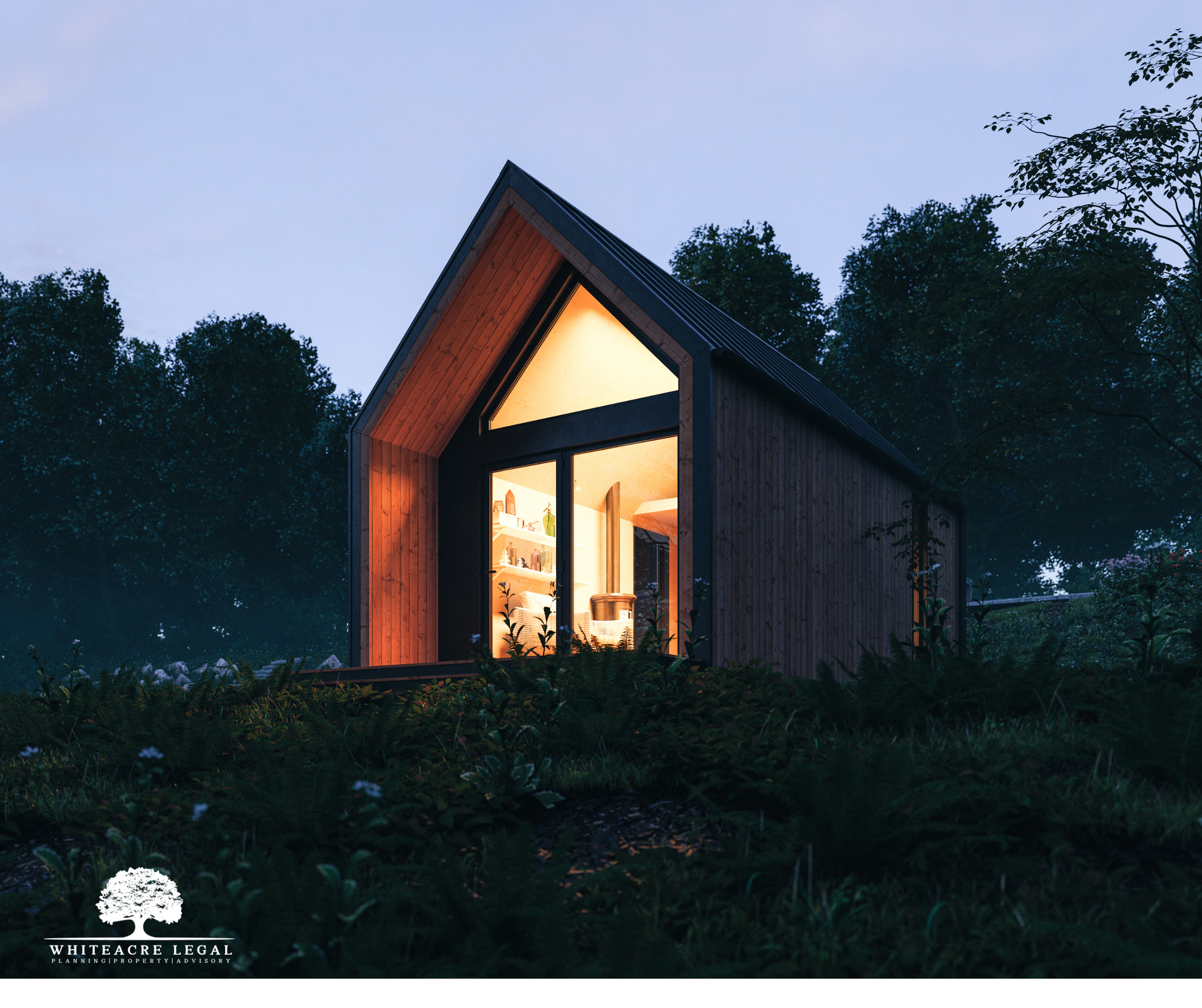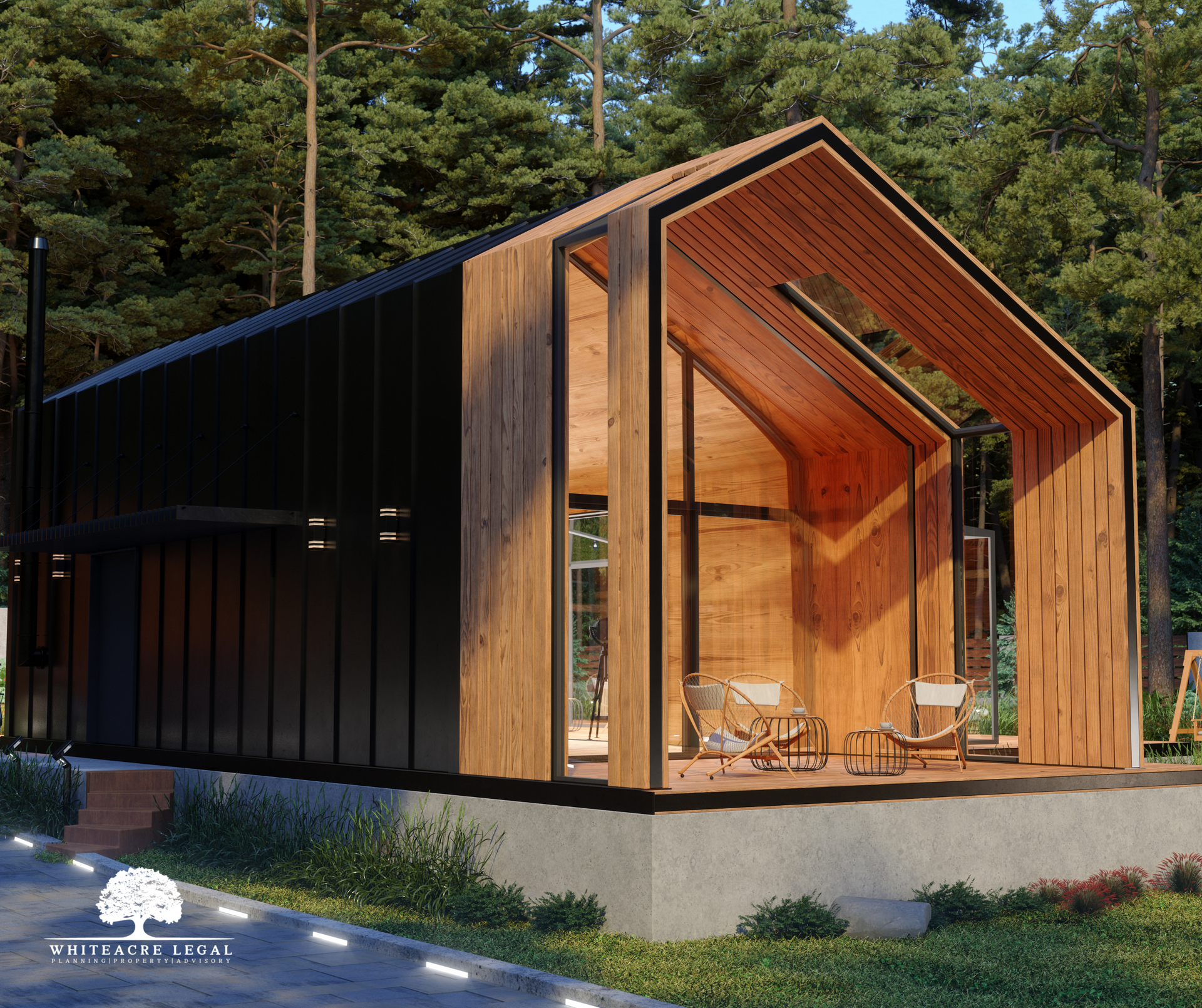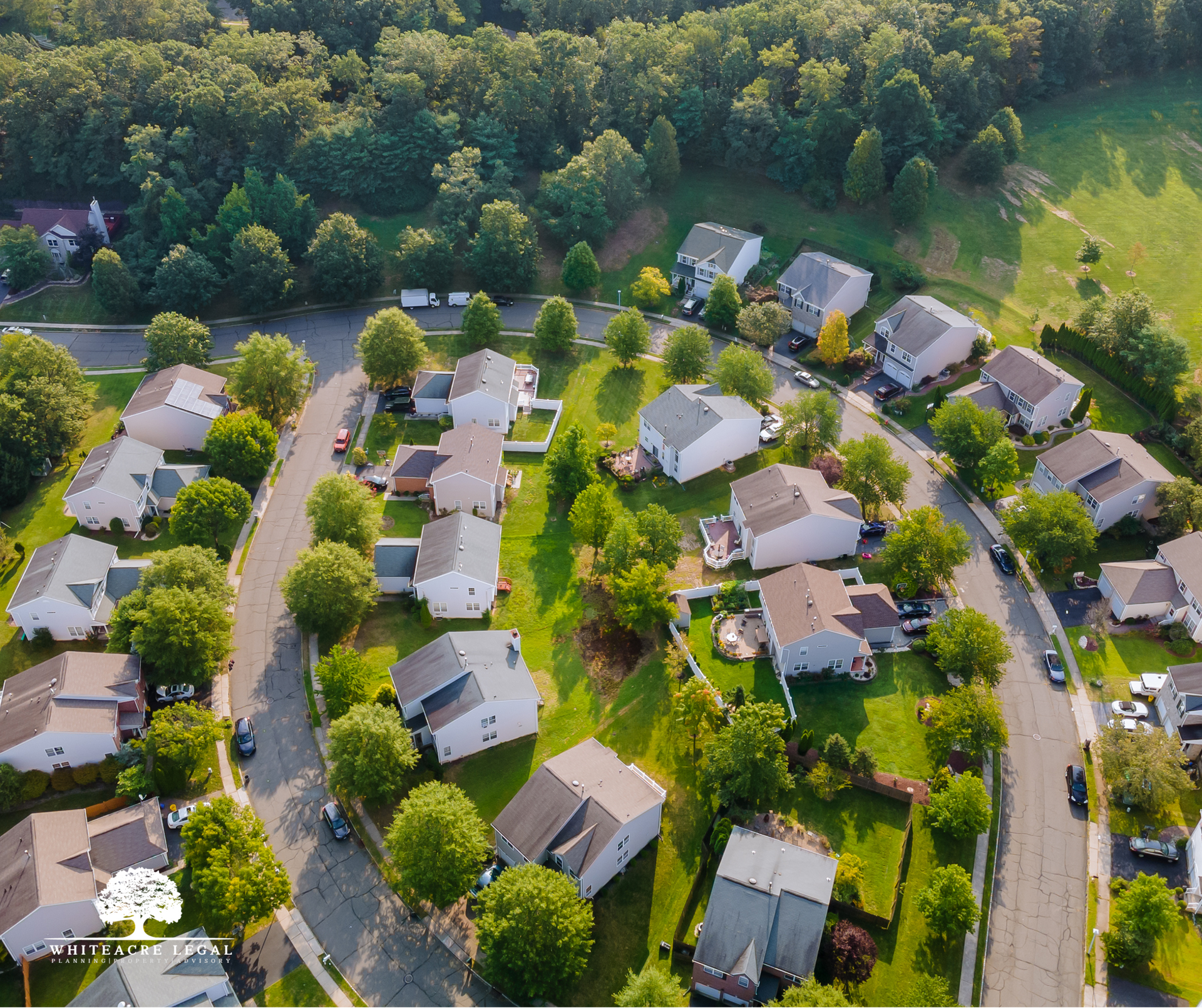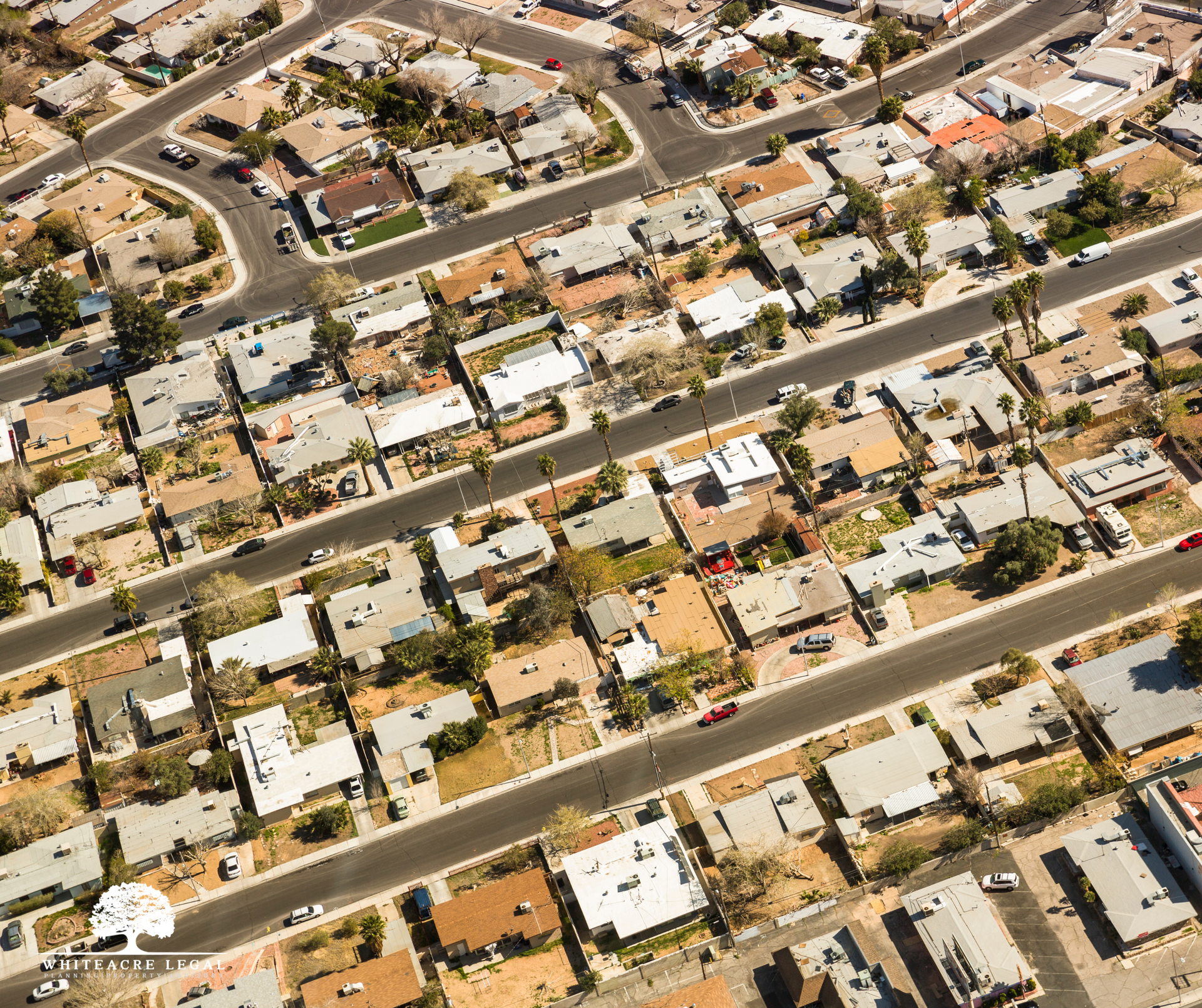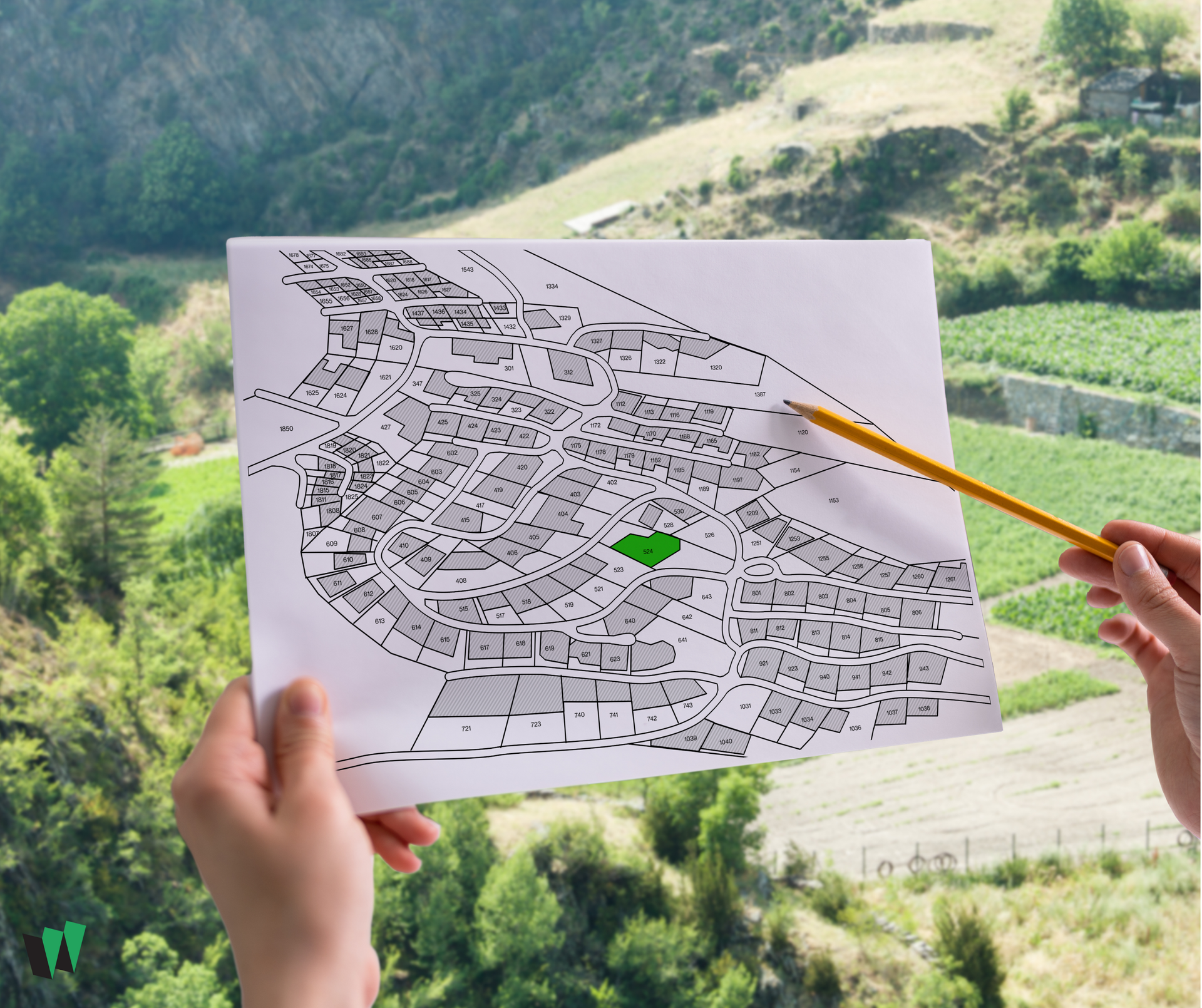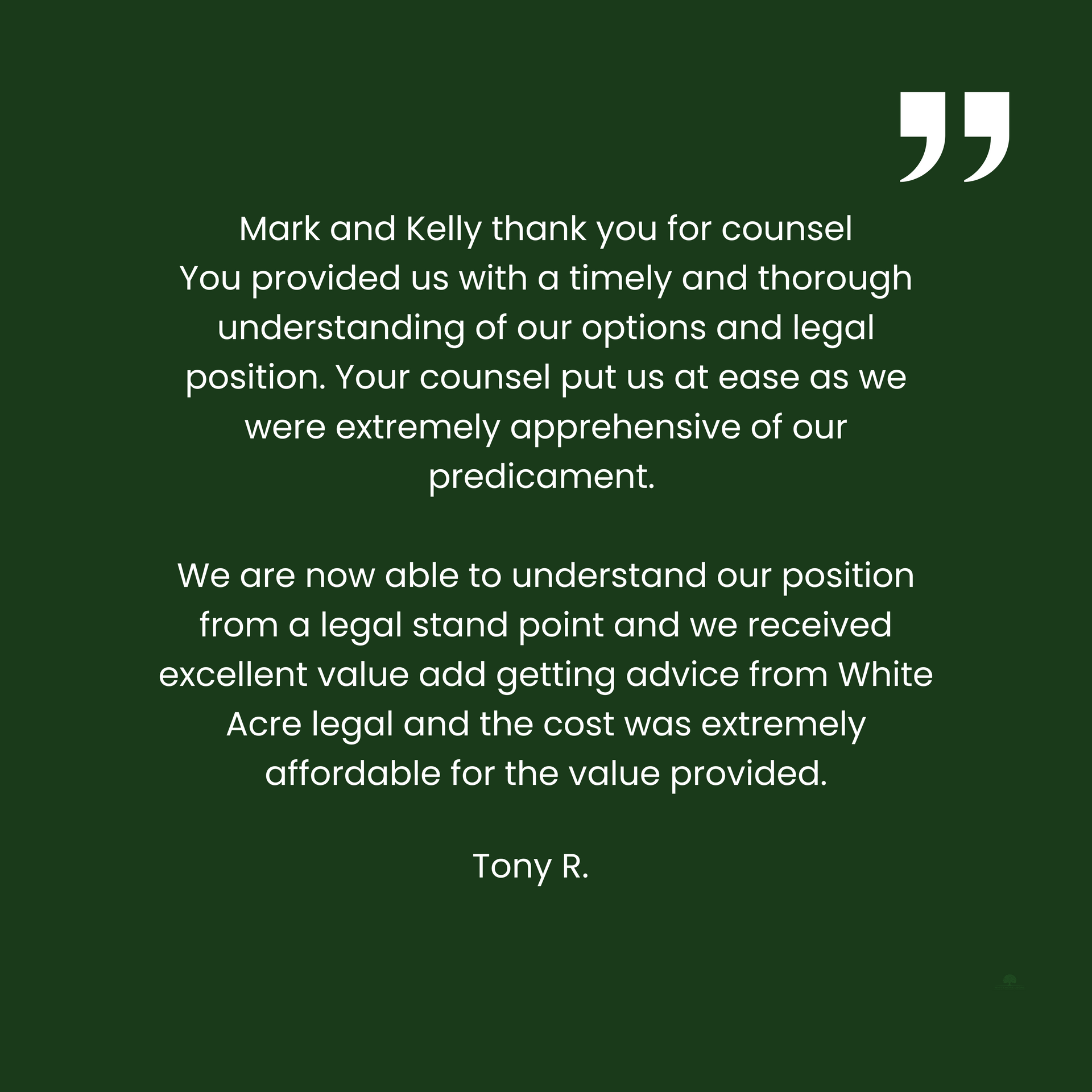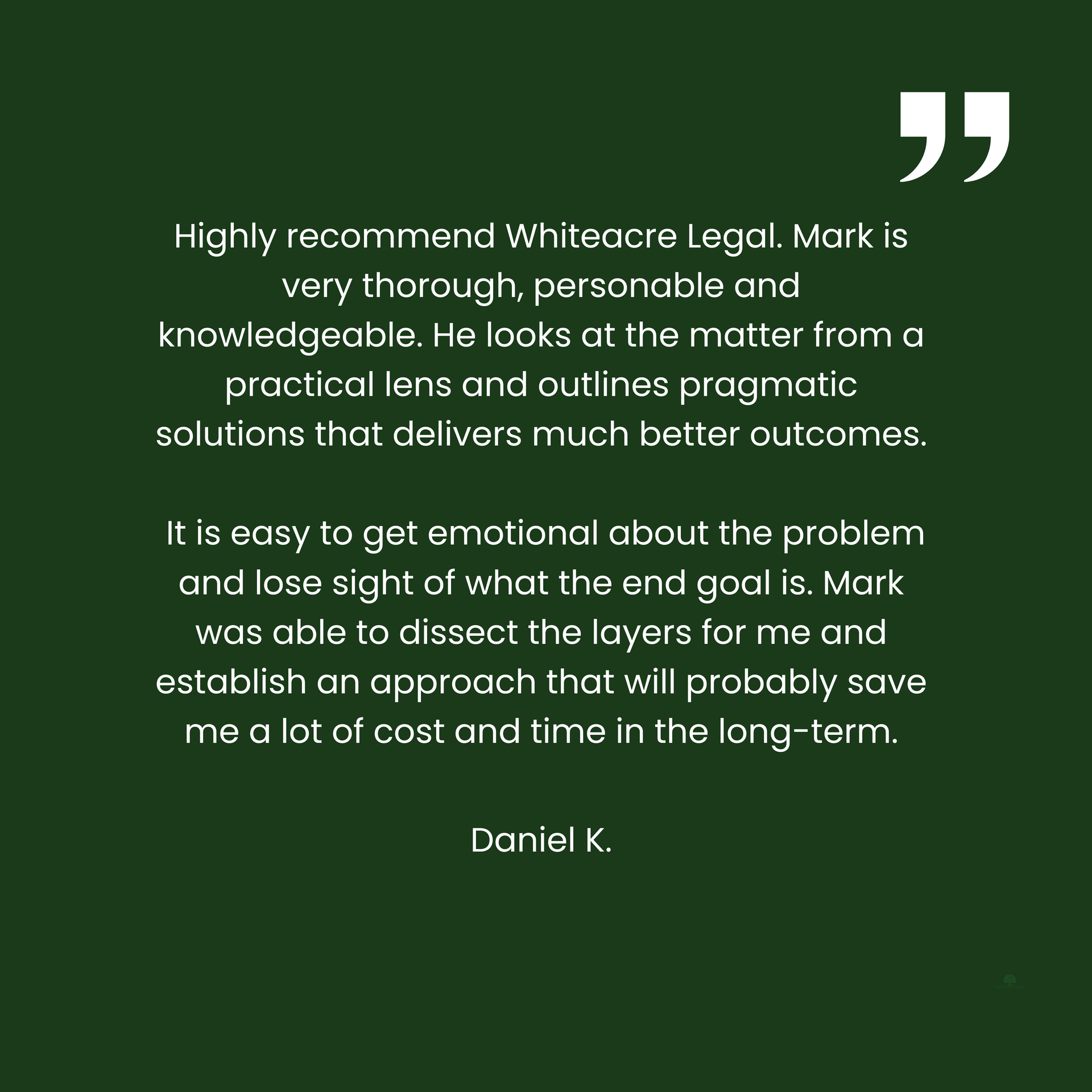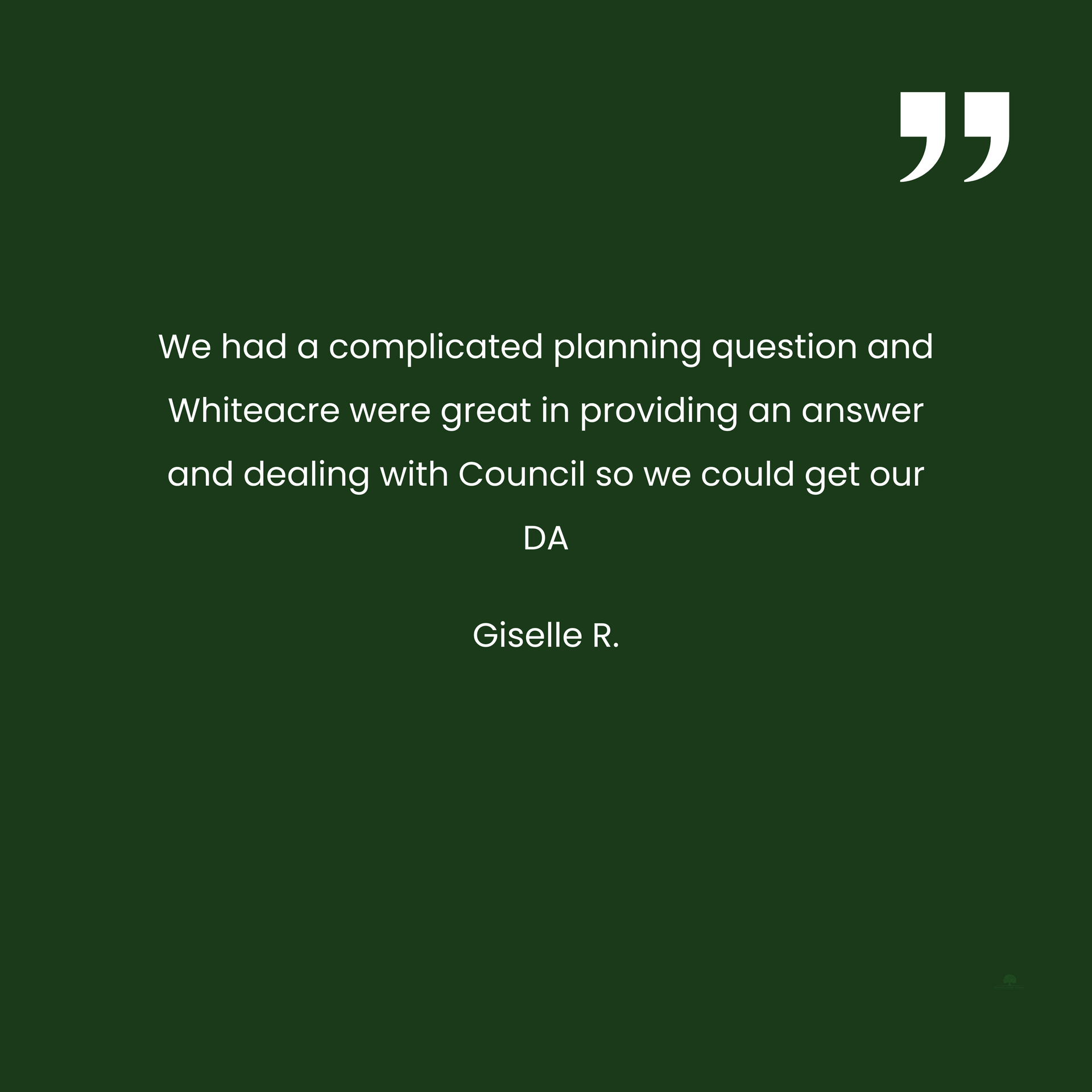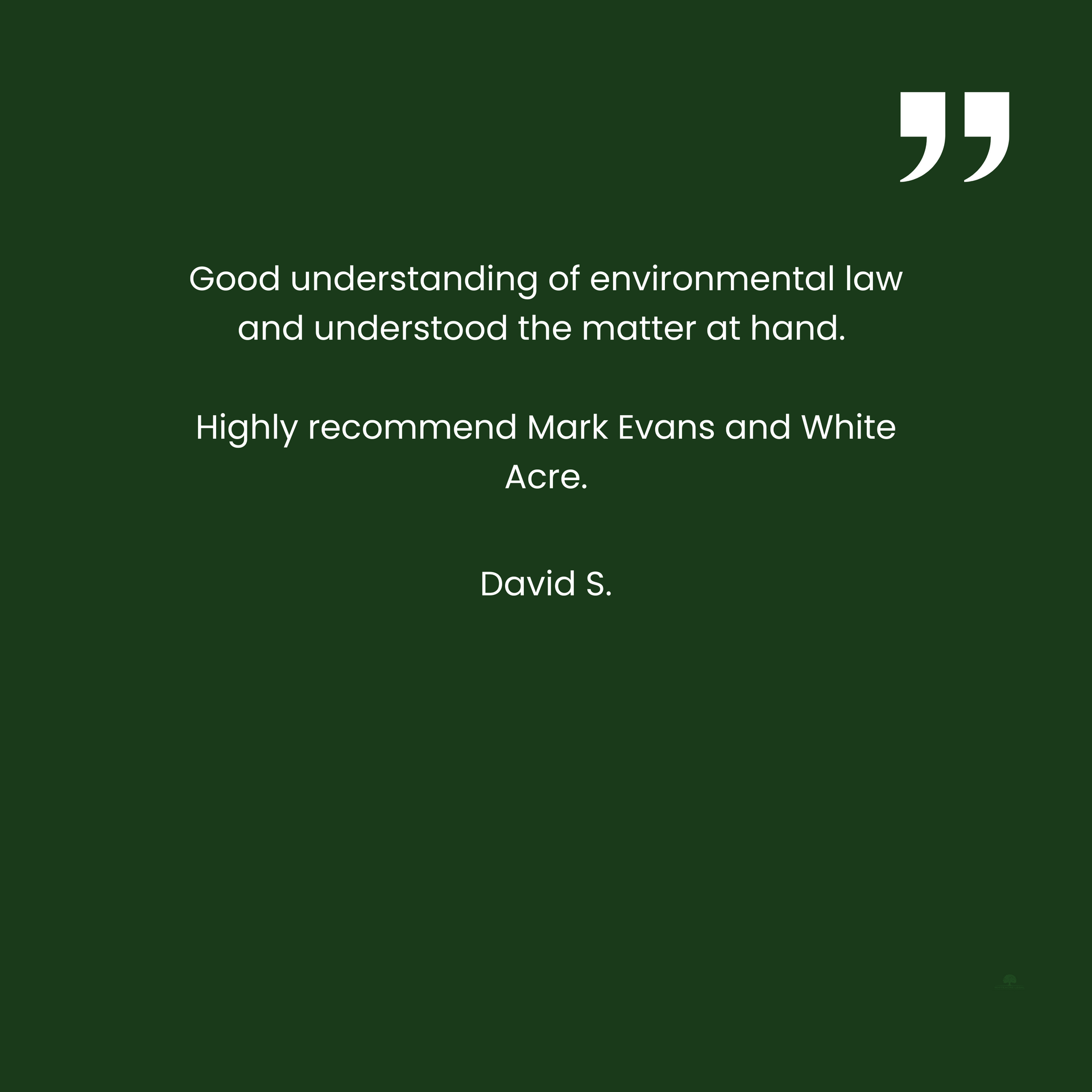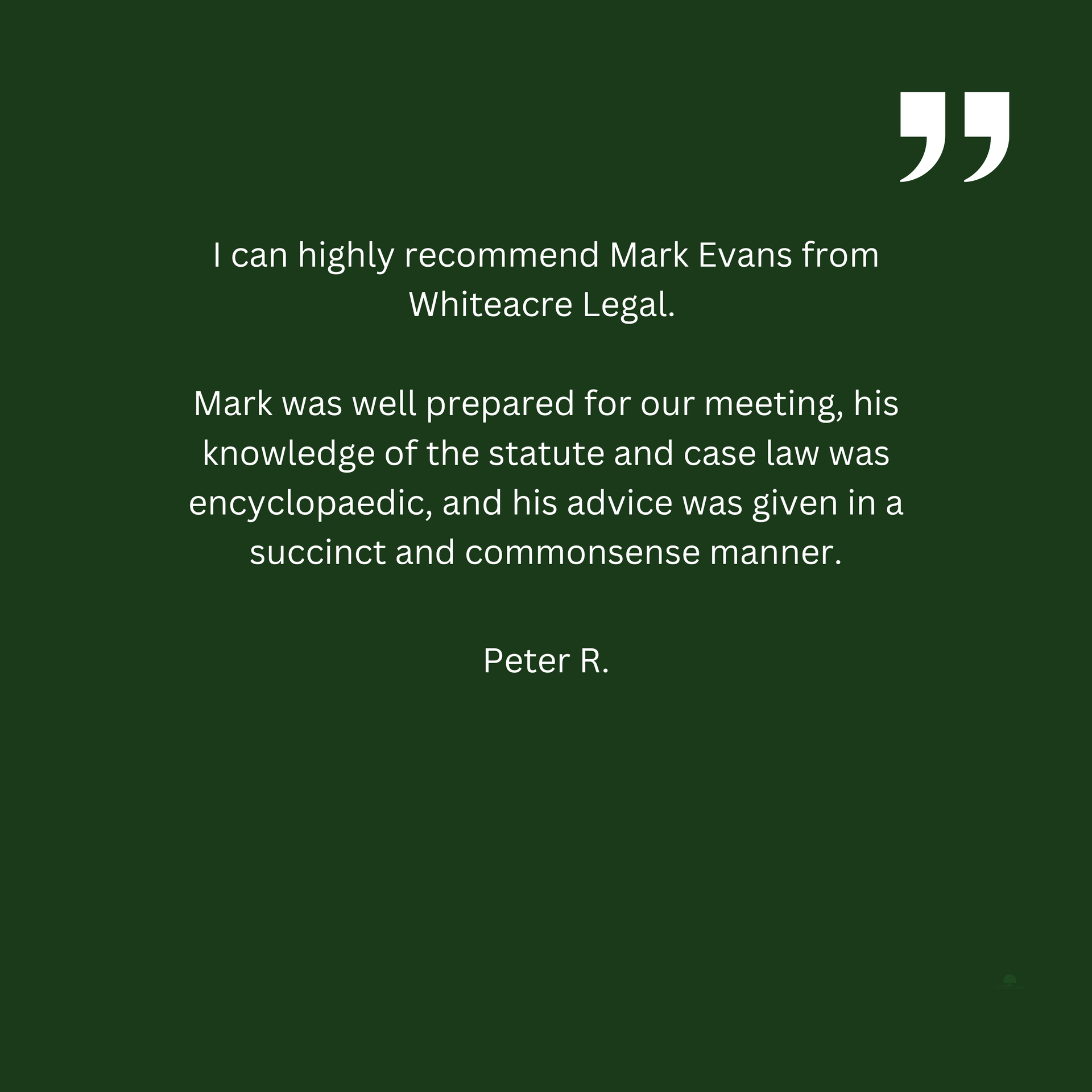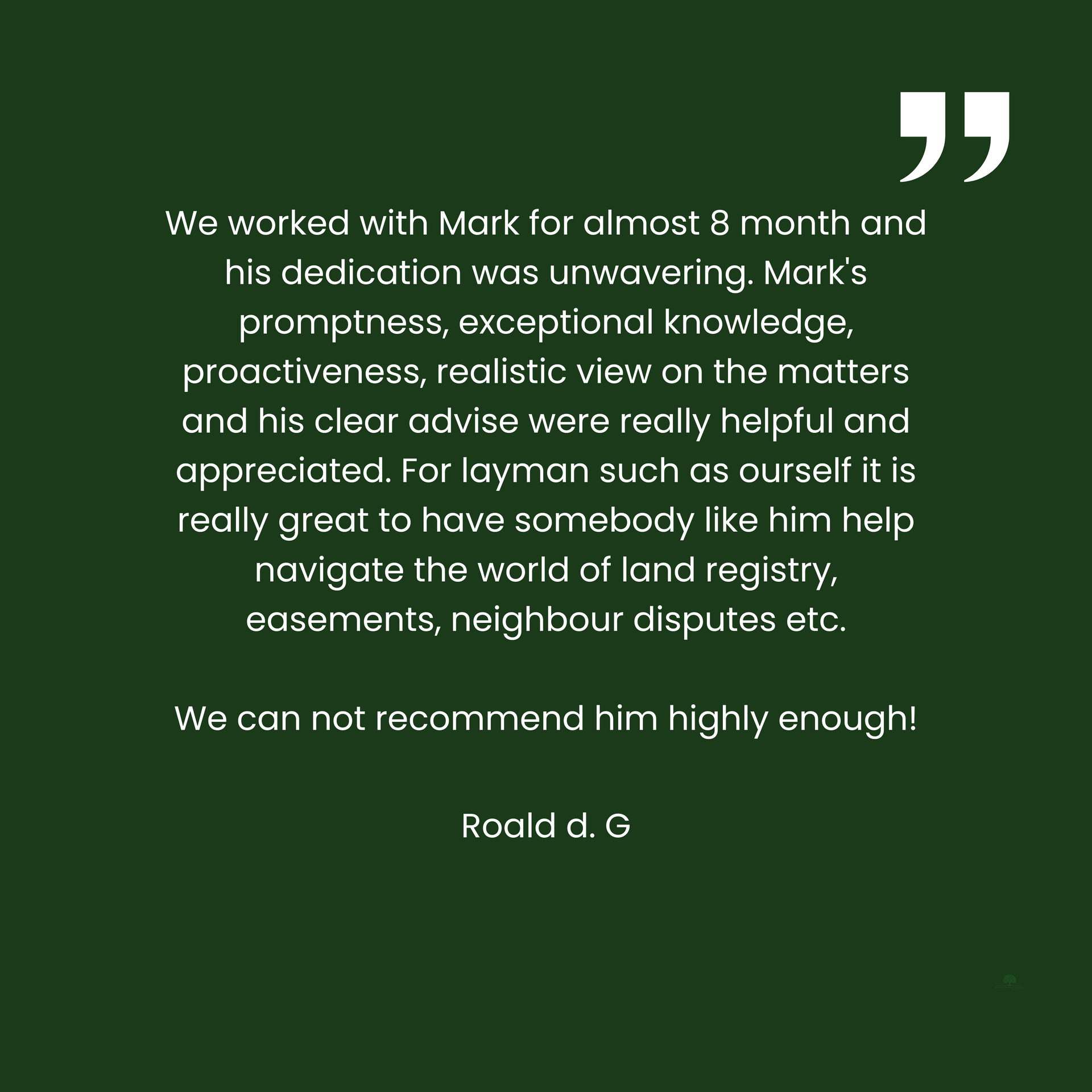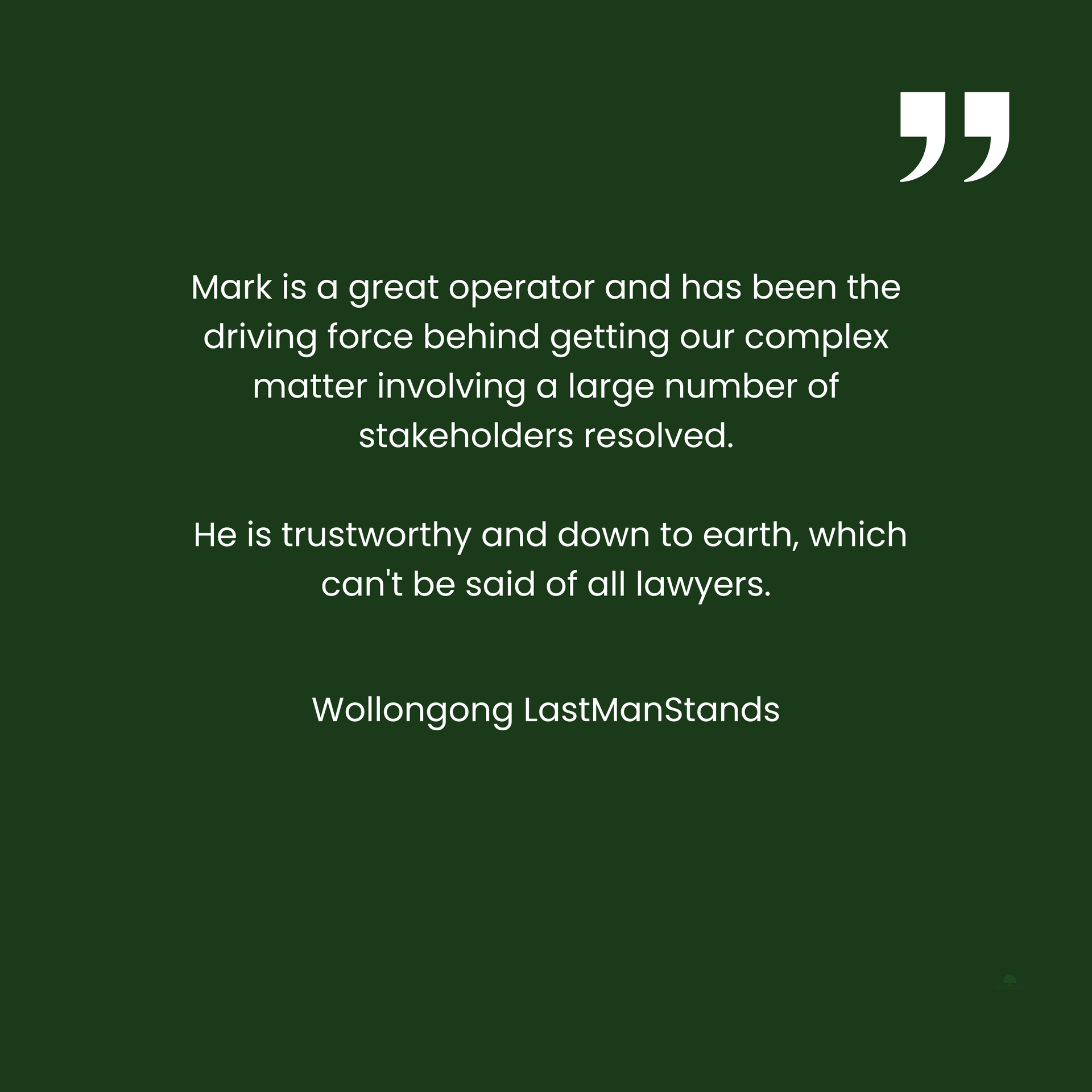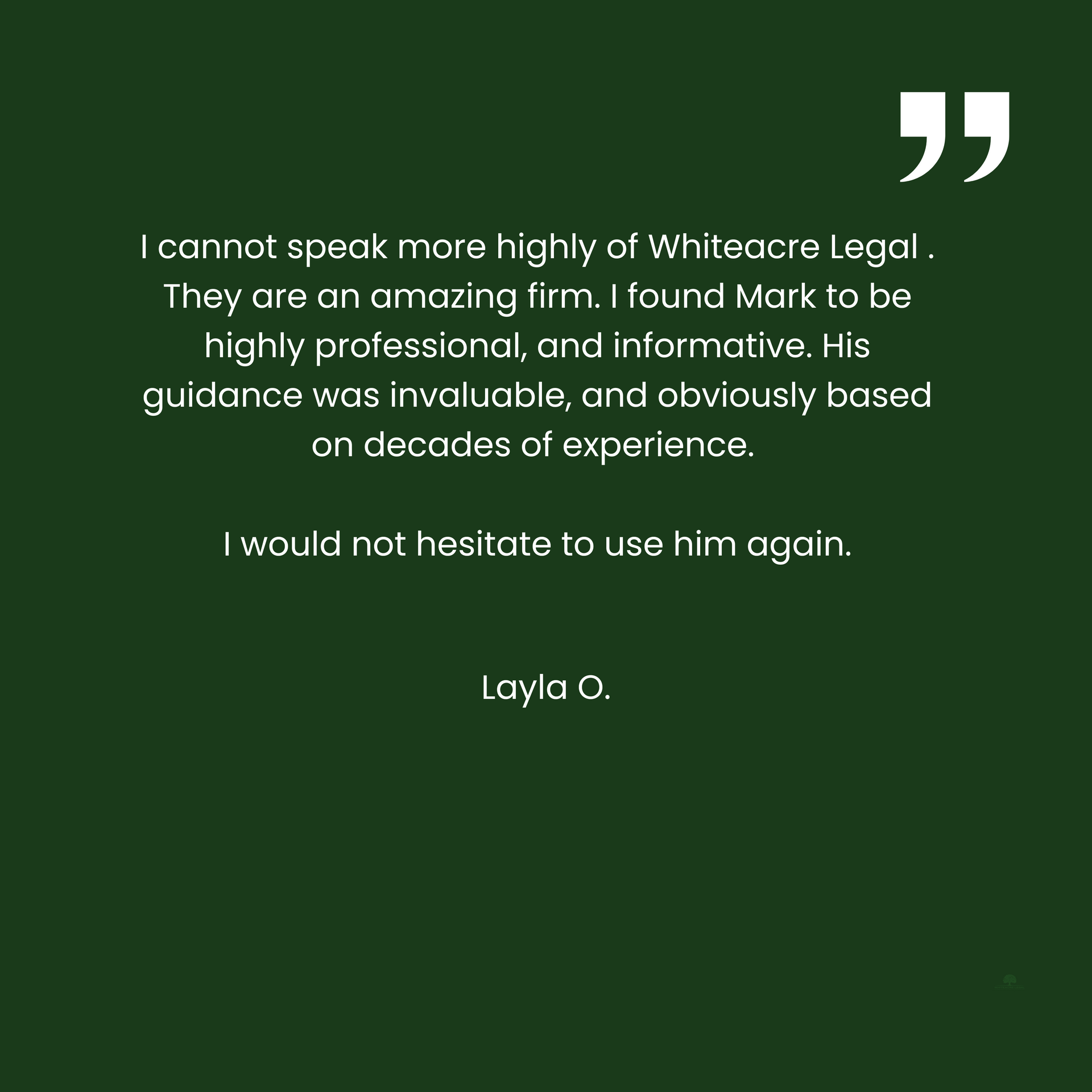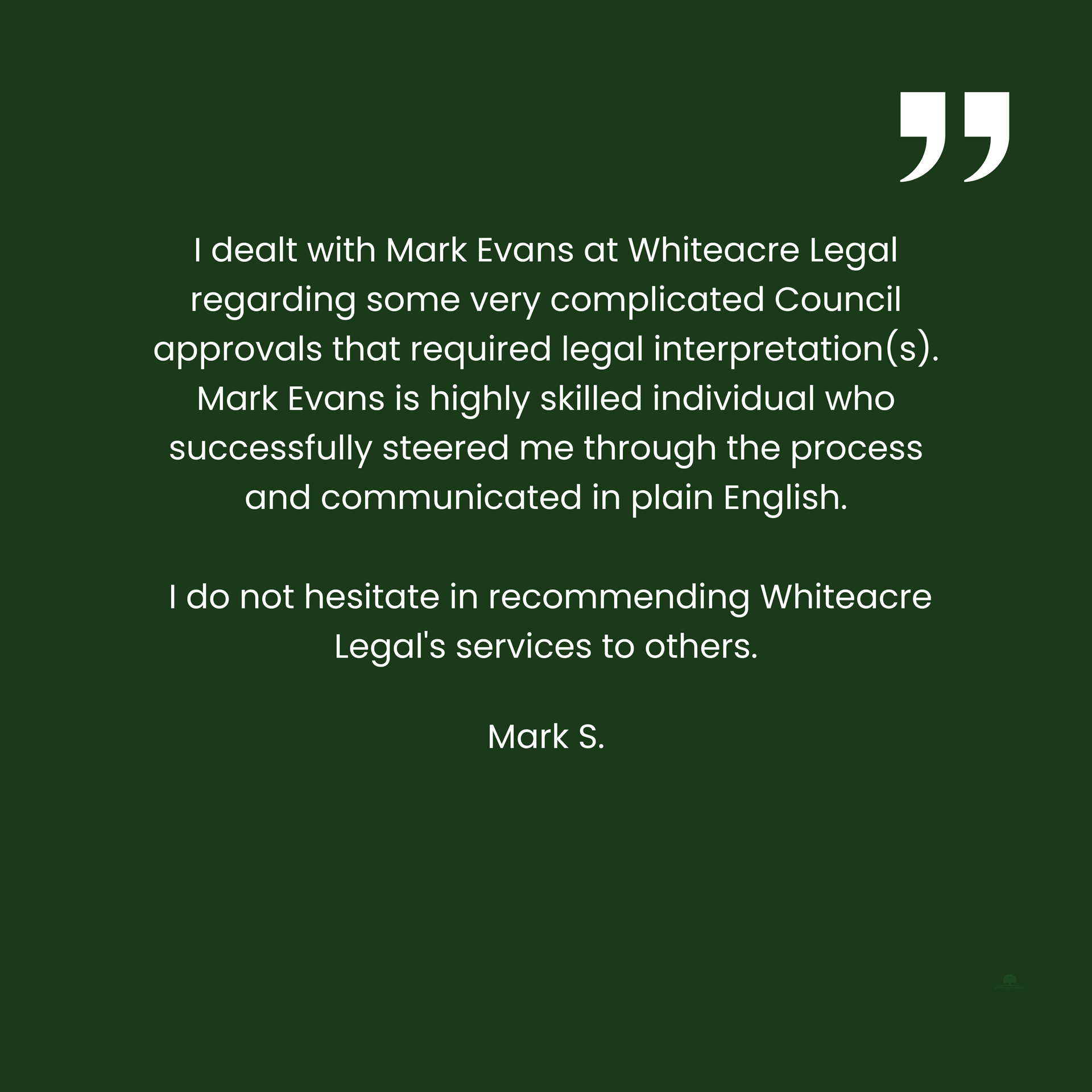Will the Nature Repair Market replace the NSW Biodiversity Offsets Scheme?
Probably not.
The NSW Biodiversity Offsets Scheme
The NSW Biodiversity Offset Scheme (BOS) creates a detailed process for the assessment and offsetting of impacts on biodiversity values in connection with proposed development in NSW.
The proposed (Cth) Nature Repair Market is ostensibly aimed at achieving something different.
Proposed Nature Repair Market
The Nature Repair Market Bill 2023 (the Bill ) would create a framework for a voluntary national market. Eligible landholders who undertake projects that enhance or protect biodiversity would be able to receive tradeable certificates ( biodiversity certificates ) that will be tracked through a national register.
The Nature Repair Market is designed to connect private organisations and philanthropists wanting to fund this work with landholders who are willing and capable of doing it.
The key here is voluntary .
The scheme is voluntary for landholders and (currently) voluntary for investors/organizations or philanthropists to engage in.
Offsetting under the Nature Repair Market?
Currently, there is no proposal that would require (or allow) development proponents in NSW to use tradeable certificates generated under the Nature Repair Market to offset impacts on biodiversity in NSW.
However, the Bill does hint at using biodiversity certificates for environmental offsetting purposes.
The Bill makes provision for a biodiversity certificate to include a statement whether the certificate is being used for an “environmental offsetting purpose” and, if it is being used for such a purpose, the “law (state or Cth) that creates the relevant environmental offsetting requirement”.
This has led many to suspect that the proposed Nature Repair Market will create a Commonwealth offsetting and trading system similar to the NSW BOS.
However, given the Greens opposition to any kind of offsetting under the proposed Nature Repair Market, and the complexity of the NSW scheme, the status quo in NSW is likely to change any time soon.
You can access the Bill and second reading speeches here:
https://www.aph.gov.au/Parliamentary_Business/Bills_LEGislation/Bills_Search_Results/Result?bId=r7014
Require further assistance? please do not hesitate to call us on (02) 9145 0900 or make an enquiry below.
Browse by categories

Servicing all of NSW, Whiteacre provides expert property law and planning and environment law advice and assistance.
✓ Planning Law Advice
✓ Land and Environment Court Appeals
✓ Voluntary Planning Agreements and Contributions
✓ Development Control Orders and Enforcement
✓ Property Development Advice and Due Diligence
✓ Title Structuring
✓ Easements and Covenants
✓
Strata and Community Title legislation
Book an initial consultation through our website with our planning law solicitor. Whether it's about planning and environment law or property law, you can approach us and discuss your matter to make sure we are a good fit for your requirements.

